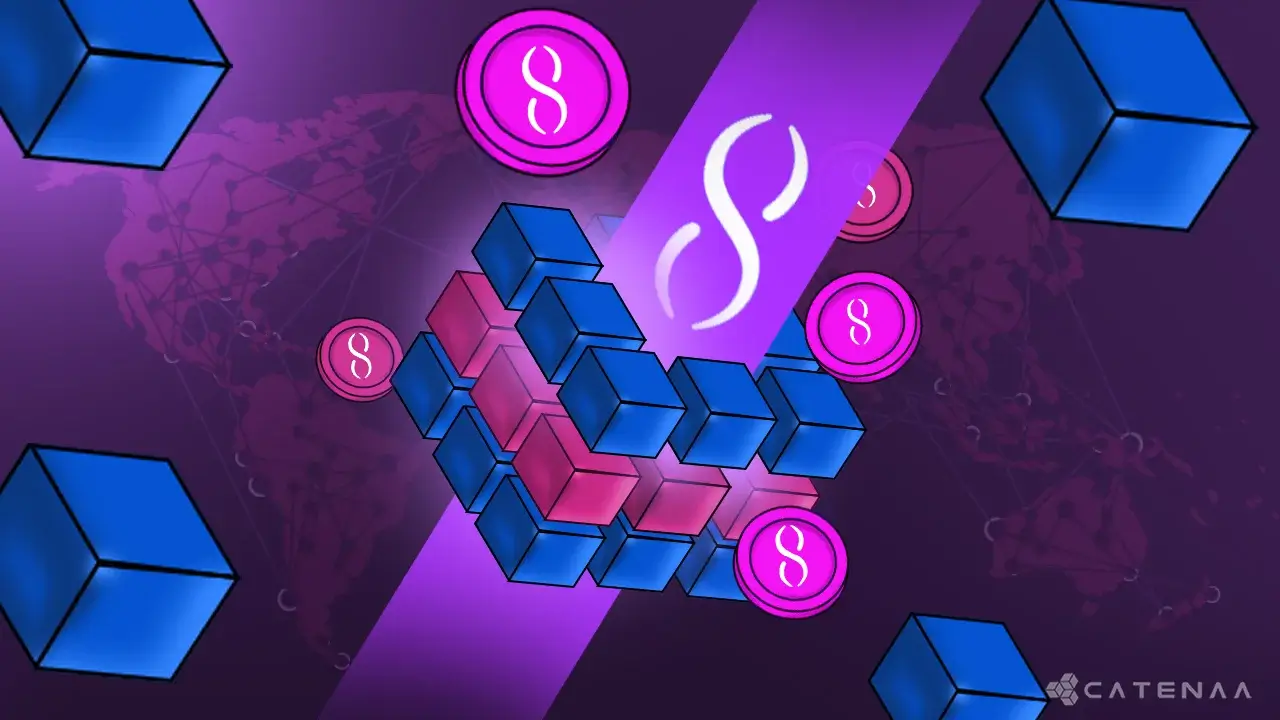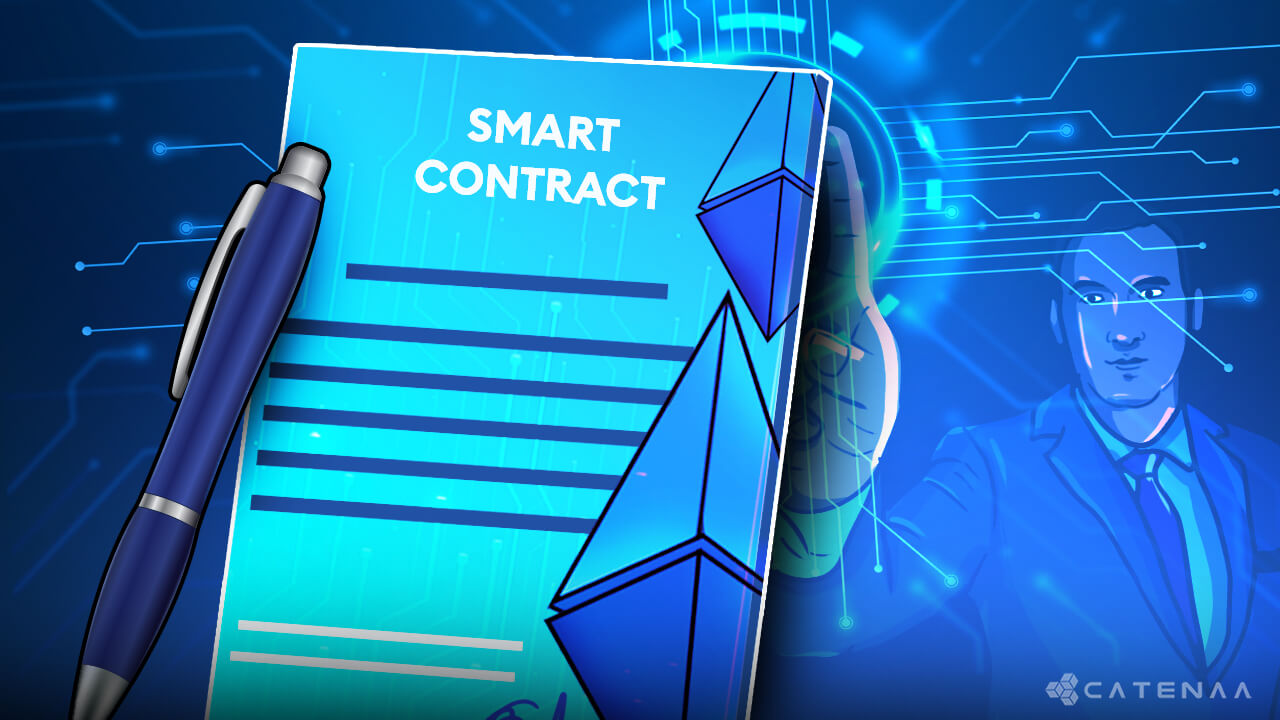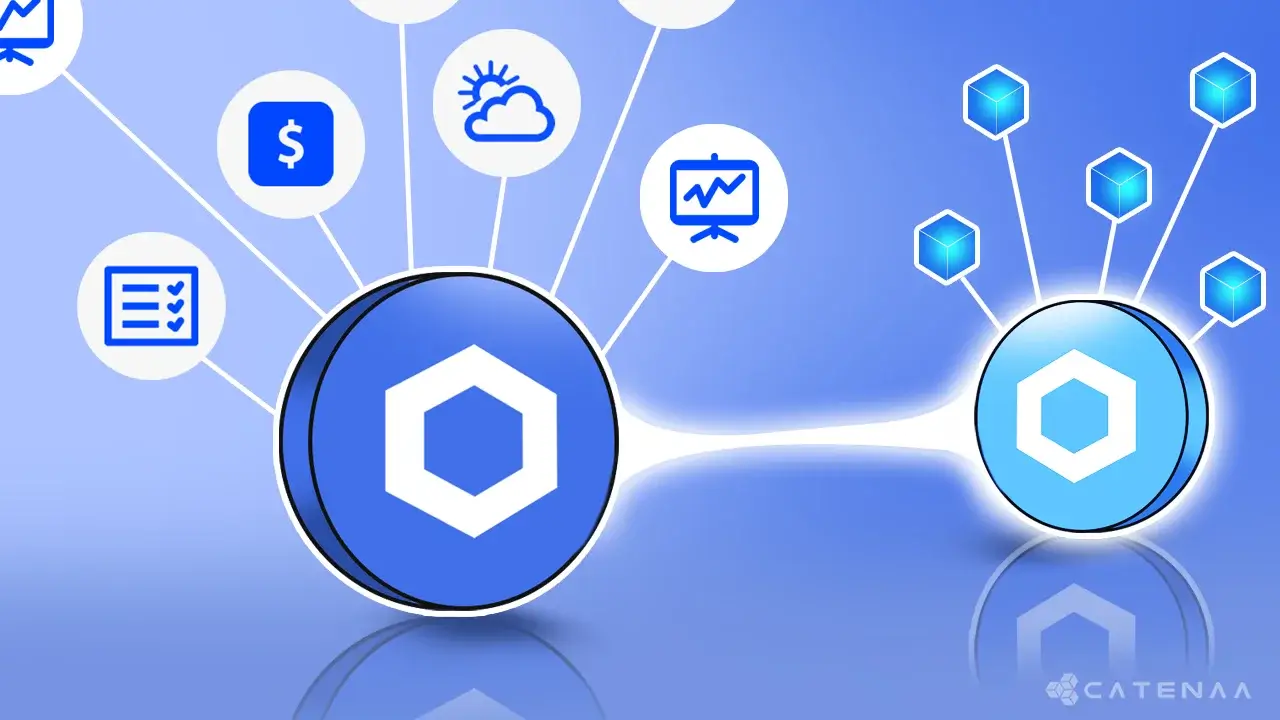SingularityNET is a decentralized AI marketplace that leverages Blockchain technology to provide open access to algorithms and applications. It aims to develop Artificial General Intelligence (AGI) with extensive capabilities. Founded in 2017 by Dr. Ben Goertzel and Dr. David Hanson, the platform gained attention through Sophia, a humanoid robot created by Hanson Robotics. While Sophia’s remarks about destroying humans caused controversy, the scientists are now focusing on advancing AI research by integrating Blockchain technology into their work. 1
With the goal of bringing greater AI capabilities through “technical singularity,” the project is developing a platform where developers may share their AI work in a decentralized manner.
Understanding SingularityNET
SingularityNET stands as a pioneering decentralized artificial intelligence network that is spearheading transformative changes within the industry. Its platform provides a dynamic space where individuals and AI agents can engage in open collaboration and cooperation. One of the key components that underpin SingularityNET is the use of smart contracts and Blockchain technology. This innovative approach ensures the integrity, confidentiality, and transparency of all transactions and interactions that occur across the network. By leveraging the power of blockchain, SingularityNET guarantees a secure and trustworthy environment for users and development.
To facilitate seamless transactions and incentivize active participation, SingularityNET has introduced AGIX tokens as a medium of exchange and rewards system. These tokens simplify the process of conducting transactions within the network and serve as a motivation for users and developers to contribute their valuable AI algorithms, models, and services. The introduction of AGIX tokens not only enhances the efficiency of the platform but also fosters a vibrant ecosystem of innovation and collaboration.
At the core of SingularityNET lies its open and transparent marketplace for AI services. This marketplace acts as a hub where developers and researchers can showcase their cutting-edge AI technologies, making them accessible to a diverse range of consumers. This open marketplace fosters creativity, cooperation, and the democratizing of sophisticated AI technologies. SingularityNET’s mission of democratizing access to AI is crucial in promoting equitable opportunities for individuals and organizations to harness the potential of these advanced technologies. By providing a platform that empowers users and organizations, SingularityNET catalyzes the widespread adoption and utilization of AI for the betterment of society.
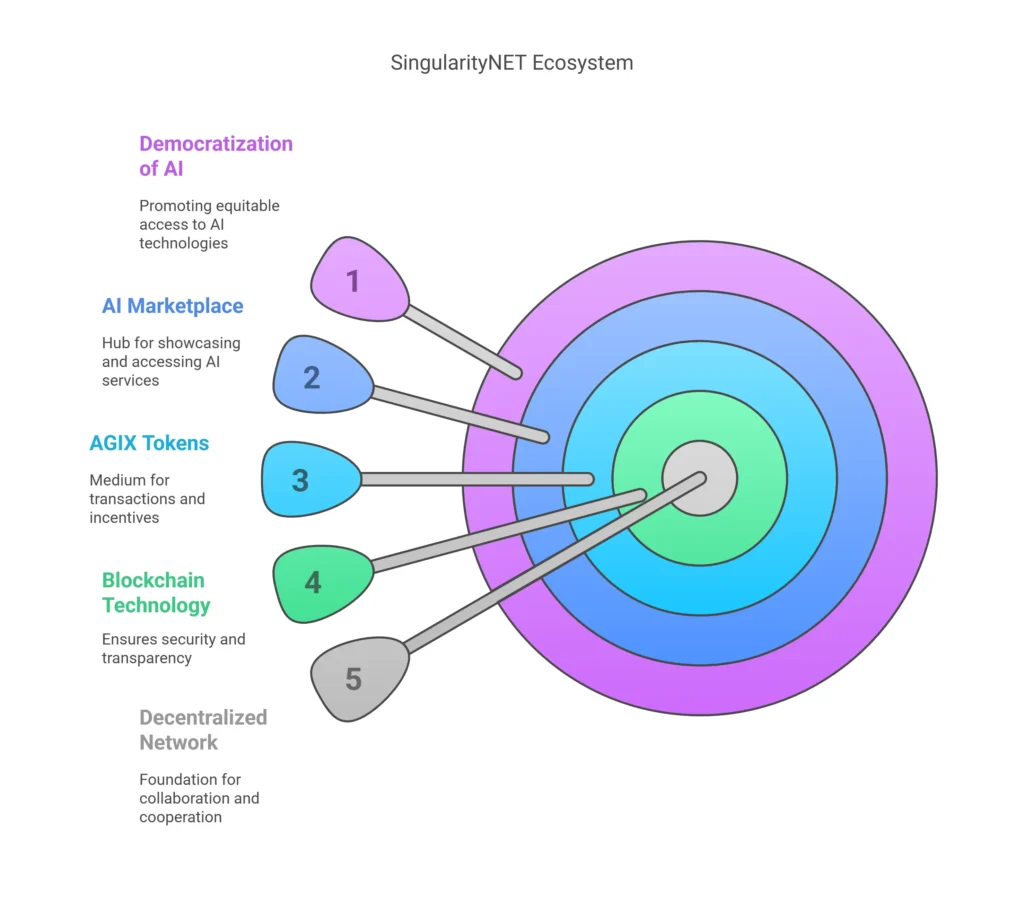
Advantages of Decentralised AI
Decentralized AI offers numerous benefits, disrupting the traditional centralized paradigm and empowering individuals and businesses. It encourages creativity, teamwork, and diversity while improving AI efficiency and efficacy. The following sections outline the key advantages of decentralized AI.
- SingularityNET’s decentralization, built on blockchain, fosters a democratic and transparent AI ecosystem. No entity has complete control, promoting openness and community participation.
- SingularityNET facilitates information exchange, accelerates development, and fosters creativity among AI developers by promoting cooperation and sharing. Developers may save time and focus on their unique contribution by integrating existing AI services.
- Interoperability across AI agents and platforms is made possible by SingularityNET, boosting capabilities and facilitating the creation of sophisticated AI applications. It encourages dialogue and creates fresh opportunities for AI-driven solutions.
- By making algorithms and models open and auditable, SingularityNET fosters openness and accountability. This eliminates prejudices and ethical issues while fostering responsibility and building trust. It promotes ethical AI development and reduces the dangers of inconspicuous systems. 2
These advantages contribute to SingularityNET’s vision of a global, decentralized AI network that fosters collaboration, fairness, and innovation, ultimately advancing the development and deployment of AI technologies for the benefit of society.
Use Cases of SingularityNET and Decentralized AI
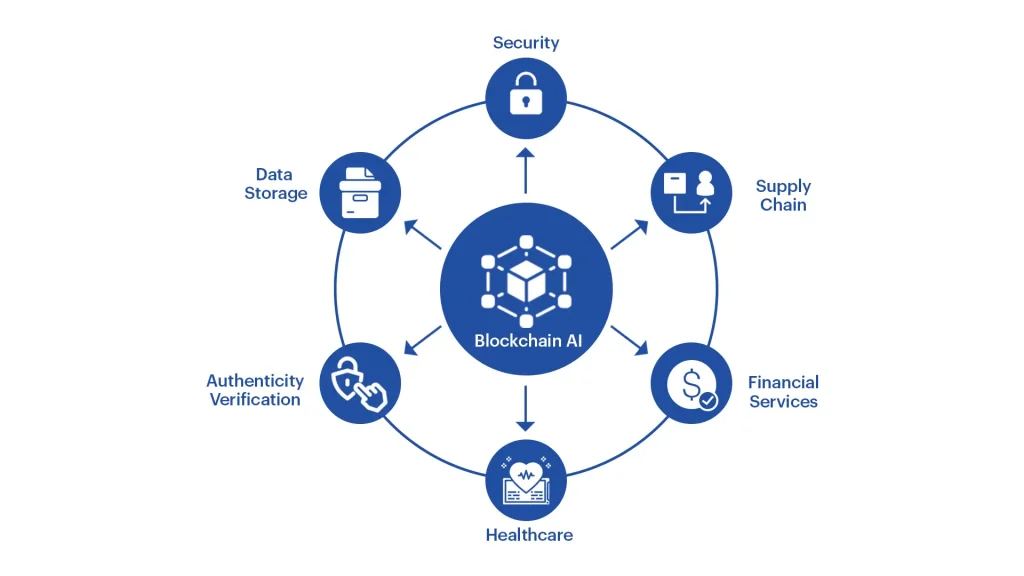
Decentralized AI, leveraging Blockchain technology, enables autonomous systems with independent decision-making, eliminating human intervention. Its potential to revolutionize industries, from finance and healthcare to gaming and entertainment, is immense. 3
- Decentralized AI in healthcare is made possible by SingularityNET, which prioritizes data privacy while allowing medical data analysis, sharing, personalized therapy, early illness diagnosis, and secure drug development.
- Decentralized AI enhances customer care, algorithmic trading, fraud detection, risk assessment, and other financial services by encouraging open and robust financial systems, and other financial services. Encouraging open and robust financial systems lessens reliance on centralized institutions.
- With distributed AI agents, SingularityNET and decentralized AI improve logistics and the supply chain. In order to transfer products and services more efficiently, this improves inventory management, demand fostering, route optimization, and many other operational aspects.
- Decentralized AI platforms encourage researcher cooperation and information exchange, facilitating data analysis, simulation, and modeling across disciplinary boundaries. This speeds up discoveries and research improvements.
These are just a few examples of the potential use cases of SingularityNET and decentralized AI. As technology continues to evolve, there will likely be many more applications and innovations in various domains.
Challenges and Limitations
SingularityNET and decentralized AI bring significant advantages but also face several challenges and limitations. Scalability poses a challenge as the network expands, requiring efficient communication, coordination, and resource allocation among numerous nodes.
The decentralized nature can lead to performance and latency issues, particularly for real-time applications that rely on prompt responses. Data privacy and security become more complex as decentralized AI aims to protect sensitive information and prevent unauthorized access, necessitating robust encryption and authentication mechanisms. Consensus mechanisms must be carefully selected to balance efficiency, fault tolerance, and energy consumption. The decentralized nature also raises governance and regulatory questions, warranting careful consideration of accountability and guidelines. Ensuring consistent quality and reliability of AI services from multiple contributors is crucial, requiring robust mechanisms for performance verification and reputation systems. Encouraging widespread adoption requires overcoming resistance, promoting interoperability, and providing user-friendly interfaces. Ethical concerns and biases inherited from underlying algorithms and data sources must be addressed to ensure fair and responsible use of decentralized AI. Ongoing research, development, and collaboration among stakeholders aim to address these challenges as the field continues to evolve.
Future Outlook and Potential Impact
SingularityNET and decentralized AI have a bright future. Collaboration between developers and academics may accelerate the development of AL technology and result in advancements in fields like machine learning, robotics, computer vision, and natural language processing. SingularityNET democratizes AI by fostering innovation, lowering obstacles, and offering an open market. Decentralized AI platforms that encourage collaboration speed up development by combining resources, knowledge, and data to create stronger solutions. Furthermore, It’s important to address the potential impact of new technologies on established sectors. While they have the potential to improve the supply chain, healthcare, and financial operations, we must also consider issues such as scalability, data privacy, governance, and ethics. To overcome these obstacles and shape the future effect of SingularityNET and decentralized AI, ongoing research, development, and cooperation are essential.
SingularityNET and decentralized AI have immense potential to revolutionize the AI landscape. They enable democratization, collaboration, and advancements in AI technology. They also have the capacity to disrupt industries and drive innovation.
However, challenges in scalability, data privacy, governance, and ethics must be addressed. Continued research and collaboration are crucial for overcoming these challenges and realizing the full impact of SingularityNET and decentralized AI.
- Learn.bybit: https://learn.bybit.com/altcoins[↩]
- medium: https://medium.com/coinmonks[↩]
- blockchain-council: https://www.blockchain-council.org/ai/[↩]
